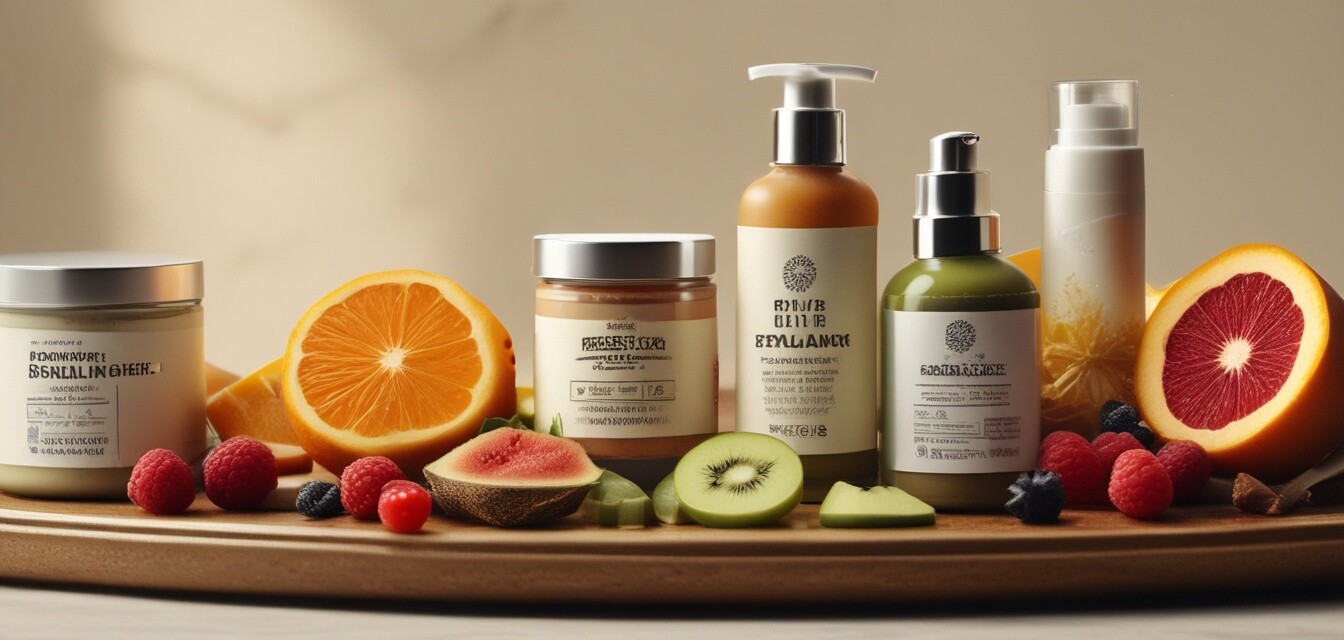
How Often Should You Exfoliate?
Key Takeaways
- Exfoliation is crucial for removing dead skin cells and promoting a healthy glow.
- Frequency varies based on skin type: oily skin may need more exfoliation than sensitive skin.
- Age and lifestyle factors also influence how often exfoliation is necessary.
- Using organic products can minimize skin irritation while still providing effective results.
- Follow our guidelines to create a personalized exfoliation routine
Exfoliation is an important aspect of any skincare routine. It helps to remove dead skin cells, unclog pores, and reveal fresh, healthy skin layers beneath. However, determining how often to exfoliate can be a bit tricky as it depends on your skin type, age, and lifestyle. In this guide, we’ll explore best practices for exfoliating your skin while focusing on the benefits of using organic products.
Understanding Your Skin Type
Your skin type plays a significant role in how often you should exfoliate. Below is a breakdown of common skin types and their corresponding exfoliation frequencies:
| Skin Type | Recommended Exfoliation Frequency |
|---|---|
| Oily Skin | 2-3 times a week |
| Dry Skin | 1-2 times a week |
| Sensitive Skin | Once a week or as needed |
| Combination Skin | 1-2 times a week, focusing on oily areas |
| Normal Skin | 1-2 times a week |
Factors Influencing Exfoliation Frequency
There are additional factors that may affect how often you should exfoliate:
- Age: As you age, your skin renews itself more slowly, so gentle exfoliation may be needed more frequently.
- Lifestyle: If you wear makeup or expose your skin to pollution daily, you may need to exfoliate more often.
- Seasonal Changes: Your skin may become drier in the winter, requiring less frequent exfoliation. Adjust according to weather conditions.
- Product Type: If you are using a physical exfoliant, limit usage to prevent irritation; with a chemical exfoliant, follow package instructions.
Choosing the Right Exfoliant
Not all exfoliants are created equal. When selecting an exfoliant, consider whether you prefer a physical or chemical option, as well as the ingredients that suit your skin type. Here are some pointers:
Pros of Organic Exfoliants
- Gentler on the skin compared to synthetic options.
- Fewer irritants and chemicals to worry about.
- Often rich in beneficial nutrients and antioxidants.
Cons of Organic Exfoliants
- Can be less effective for some skin types.
- May require more frequent application for desired results.
How to Exfoliate Effectively
Now that you understand how often to exfoliate and what products to use, here are some steps to follow for effective exfoliation:
- Start with a clean face; use a gentle cleanser to remove any makeup or dirt.
- Apply your chosen exfoliant, whether it's a scrub or a chemical peel, applying a thin layer evenly across your face.
- Gently massage if using a physical exfoliant, do not scrub harshly.
- Follow the product instructions for timing—often a few minutes is sufficient.
- Rinse thoroughly with lukewarm water and pat your skin dry.
- Moisturize afterward to keep your skin hydrated.
When to Avoid Exfoliation
There are certain situations where you should skip exfoliation altogether:
- If you have active breakouts or inflamed skin, exfoliating can worsen the issue.
- Sunburned or severely dry skin should be left alone to heal.
- Do not exfoliate on the same day as other aggressive skincare treatments.
Conclusion
Establishing an exfoliation routine is simple once you know your skin type and the right products to use. Remember, moderation is key! With organic products, you’ll nourish your skin while reversing damage gently. Explore our other articles on [skincare routine tips](https://www.glowupnaturally.com/blog/skincare-routine-tips) and learn how to better incorporate organic products into your regimen. Your journey to brighter skin starts with regular, correct exfoliation!
For more personalized advice, be sure to check our [latest trends in organic skincare](https://www.glowupnaturally.com/blog/latest-trends-in-organic-skincare).


